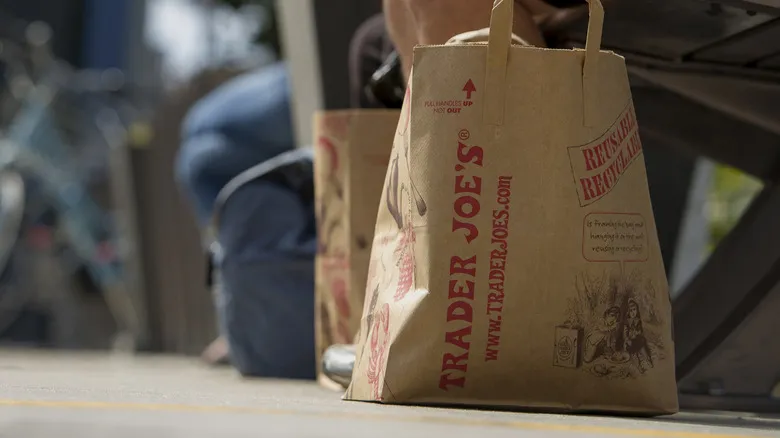Who makes Trader Joe's hummus?
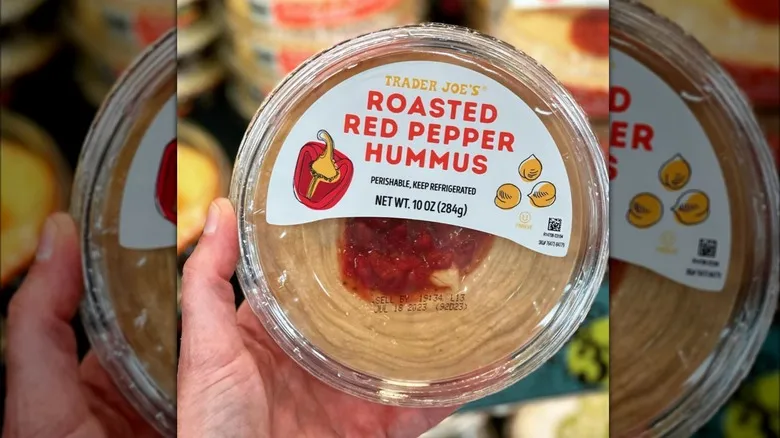
The refrigerated section at Trader Joe's is one of the most bustling areas in the store. It's filled with ready-to-eat meals, salads, and an array of dips, spreads, and sauces, ranging from TJ's green Zhoug sauce and chimichurri to salsa, guacamole, and, of course, hummus. While Trader Joe's is known for its rotating selection of limited-edition items, it usually offers several varieties of hummus (six are listed on the Trader Joe's website at the time of this writing). All hummus options are under the Trader Joe's private label, but the chain does not produce the hummus itself; instead, it collaborates with co-packers.
According to MoneyWise, Bakkavor Foods, the largest prepared food supplier in the UK (which has been increasing its footprint in the US), was associated with some of Trader Joe's hummus until a listeria outbreak in 2016 led to a recall. At that time, Bakkavor was producing the Mediterranean hummus and the now-discontinued White Bean & Basil hummus. There are strong indications that Bakkavor is still responsible for the Mediterranean hummus, as it is packaged differently from the other varieties. However, the other flavors, including Roasted Red Pepper, Roasted Garlic, and Organic, are likely produced by the well-known hummus brand Tribe, according to Eater. As with all its private-label products, Trader Joe's prefers to keep its suppliers confidential.
Why do brands like private-label, anyway?
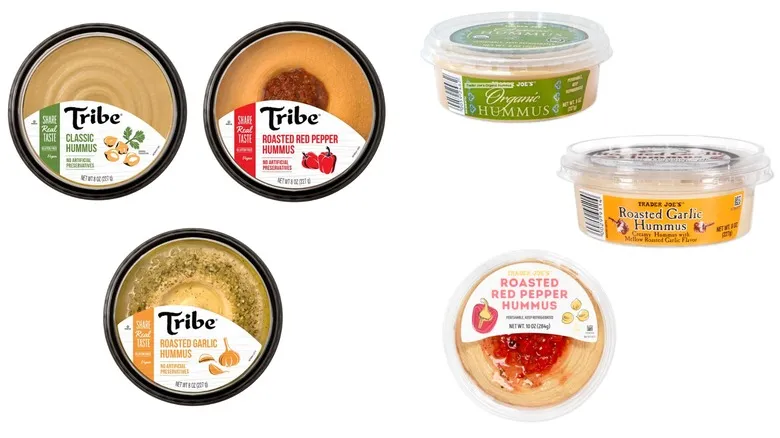
Private-label products represent a significant segment of the market—not just at Trader Joe's. Recent statistics from Statista reveal that private-label items account for over 17% of the total packaged goods market in the United States, with private-label food and beverage sales exceeding $110 billion in 2022. You can find these products under store brands like Trader Joe's, but many supermarkets also feature other labels, such as Costco's Kirkland and Whole Foods' 365 brand. It can sometimes be tricky to identify private-label products, but a helpful clue is when the same brand appears across various categories. If you see a label on hummus, shampoo, and dog food, it's likely a store's private label, regardless of whether it includes the store's name.
The popularity of private-label products can be attributed to several factors, with price being the most significant. Since retailers don't invest heavily in marketing or brand development, private-label items typically offer higher profit margins. These products are often placed alongside bestsellers, which are frequently produced by the same companies that manufacture the private-label goods. This results in lower prices for consumers, as seen at Trader Joe's. Additionally, private labels allow supermarkets to cater to niche markets that national brands might overlook, providing shoppers with a wider array of unique flavors and international options. With six varieties of Trader Joe's hummus available on any given day, what's not to appreciate?
Recommended

Trader Joe's Recalls Soup Dumplings Over Permanent Marker Mishap
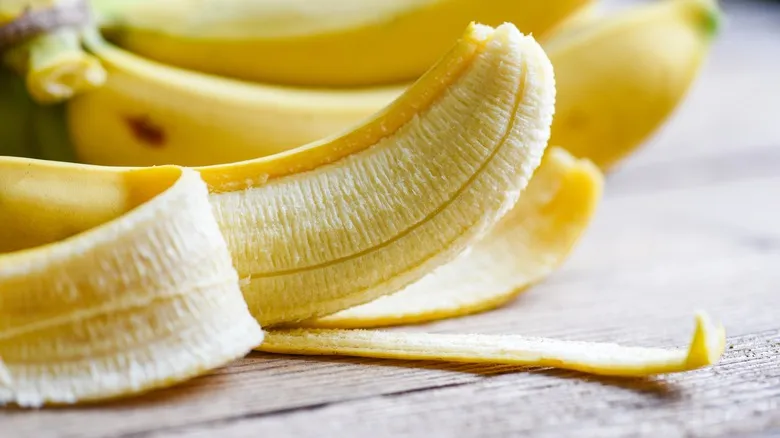
Are Trader Joe's 19-Cent Single Bananas Actually Cheap?

The Best Strategy To Shop At Trader Joe's If The Crowds Overwhelm You
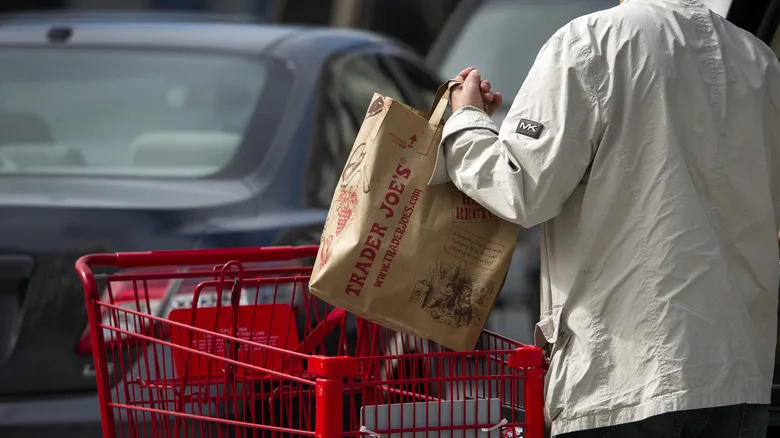
The Best Trader Joe's Products Of 2024, According To Its Customers
Next up

